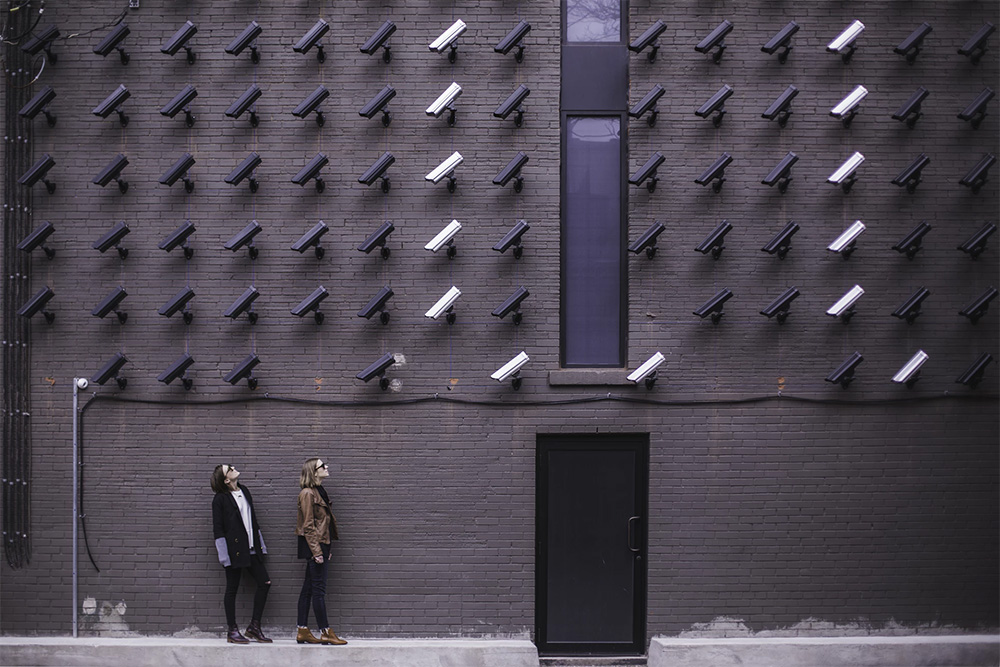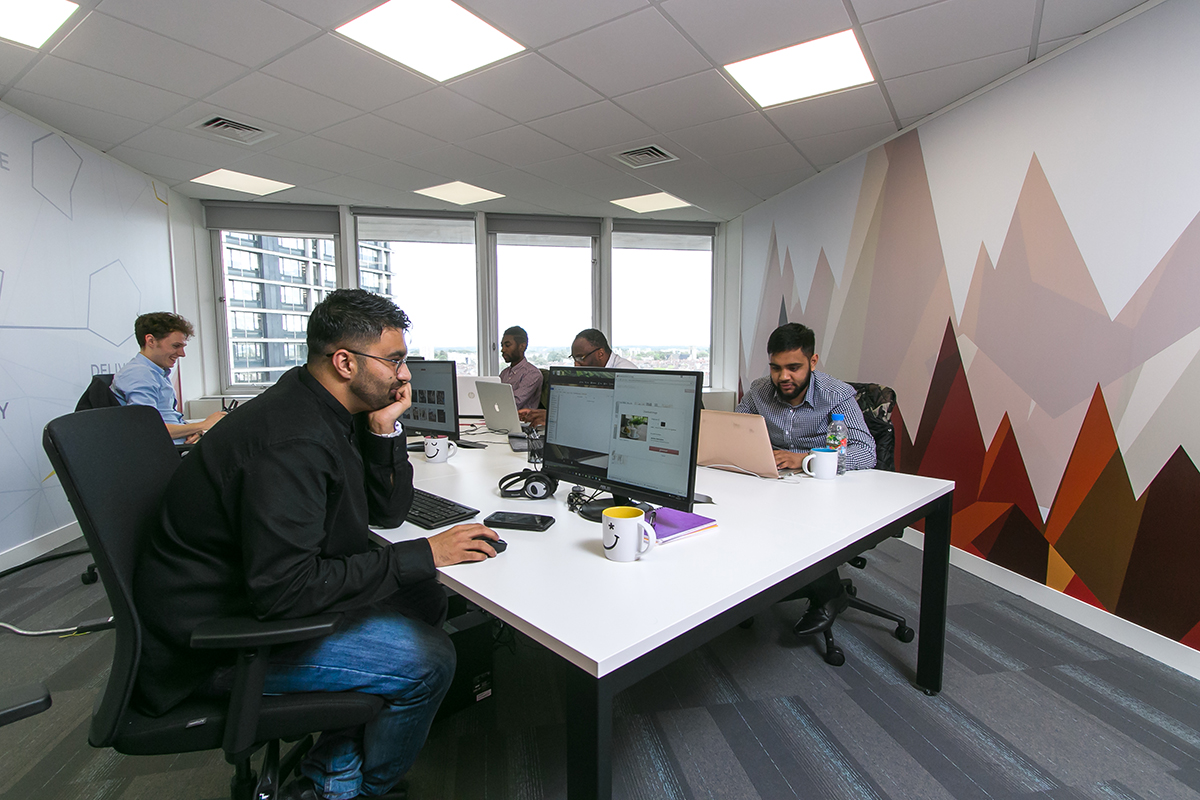
Security is a key issue for modern businesses. It is essential that companies put in the correct personnel, equipment and software to keep the company adequately defended against the potential for attack. Whether you are a small business or a large organisation, you can be targeted by criminals either physically at your premises, or online.
Here we take a look at some of the most important security measures that you can put in place to defend your business against attacks.
Invest in the right cyber security
One of the most overlooked security measures for your business is that of cyber security. Physical security is, of course, vital to keep your business and your team safe, but in an increasing digitised world, cyber attacks can be extremely damaging. If you take your security seriously then it is essential that you invest in high quality digital defences.
Some organisations believe that having anti-virus software and a firewall in place is enough, but in the modern world that simply isn’t sufficient. Criminals and hackers are becoming too sophisticated, and these sorts of defences are neither a deterrent nor a perimeter.
You need to put investment into proactive technologies that spot patterns of behaviour to indicate a possible attack. Monitoring devices and conducting penetration testing are important ways to keep your business secure.
Implement access control to your premises
You to take access control seriously. If your business started small you might be used to simply having a front door that you open at the beginning of the day and lock at the end. But with today’s sophisticated criminals, this is no longer sufficient. You need to put in place proper access control – this could include doors that open with a keypad or entry though a key card system.
Some businesses are even going to the length of installing fingerprint scanners at the front desk. This can be an extremely effective method of only allowing access for individuals who are supposed to be there. This is something that you really need to take the time to get right – if criminals can simply into your office without any kind of check then you could be at risk.
Train your staff
It’s important to provide you staff with training on what they can do to help keep the business secure. This relates to both physical and digital security. Staff need to understand the crucial role that they can play in defending the business against both cyber-attacks and criminal activity at your premises.
While your staff can be a powerful tool for defence, it is important to remember that you also have a duty of care to them. Their vigilance and knowledge can be very valuable, but you should never expect them to challenge intruders. Staff should report the presence of unidentified people to security personnel or inform the police.
Prevent access to your car park
One important measure that you can take to defend your business is to ensure that your car park is as secure as possible. Your car park can be used by criminals as any area for surveillance, or even somewhere to park a getaway car close to the business. It is necessary, then, to install a barrier and also block off any potential areas that a vehicle could gain access to the car park, as advised by security specialists Maltaward in this blog – for example, by driving over the pavement.
This can be achieved by putting heavy concrete barriers in place, so that cars need to use the barrier to gain entry. This can stop potential problems such as cars being used to ram-raid your premises.
Security cameras
Finally, remember that security cameras can be an extremely useful addition to your property. Not only do they make it easy to identify assailants in the event of a crime taking place, they can also act as a preventative measure. If you clearly signpost the presence of CCTV on your property, criminals will be put off potentially targeting you, as they will understand you have defences in place.
CCTV has reduced in cost rapidly in recent years, so a system can now be installed relatively cheaply. This means it is affordable even to smaller businesses who may not realise that they can have this sort of system in place.





